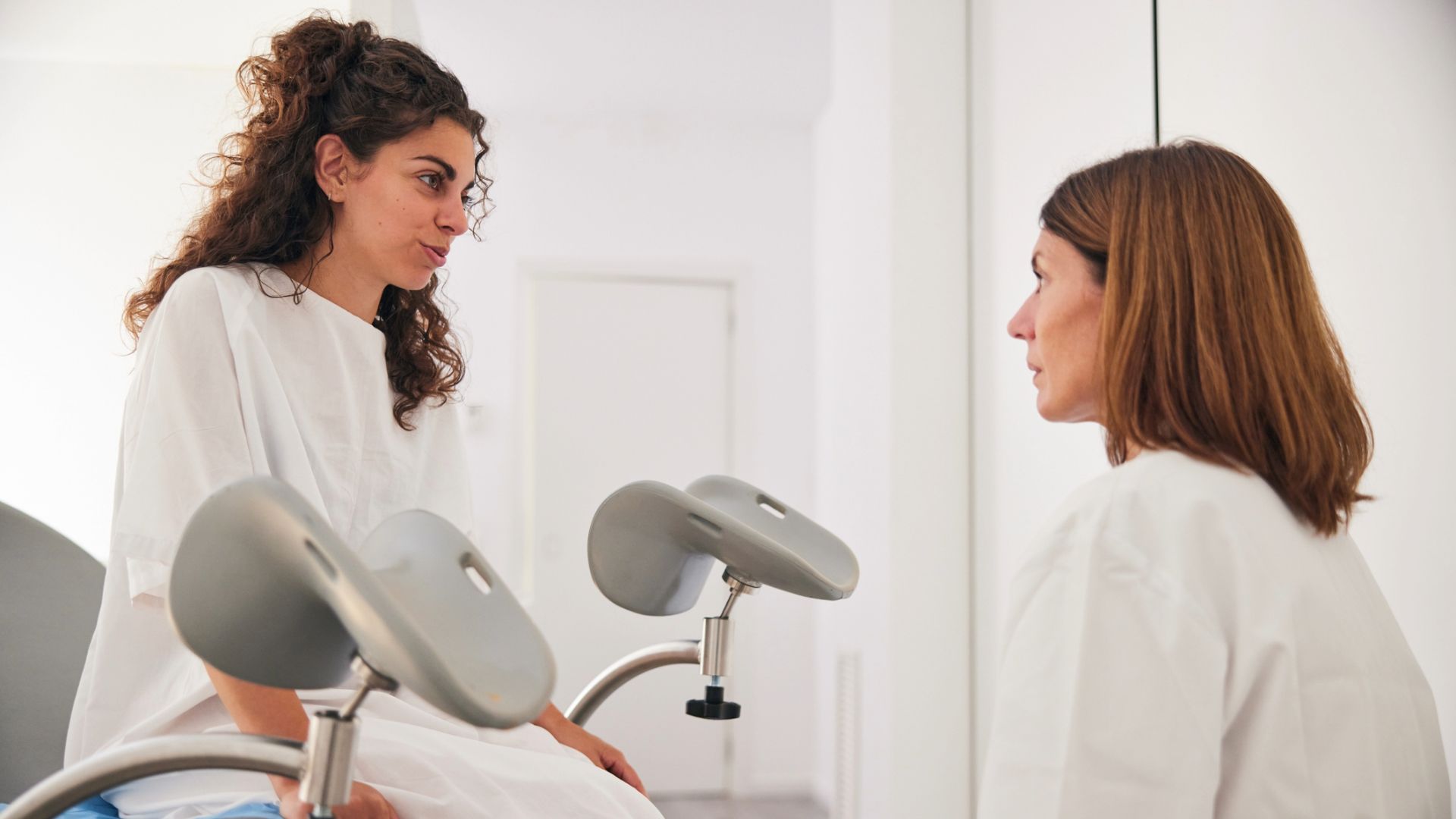Updated on March 25, 2025
When it comes to birth control, there is a dizzying array of options—pills, patches, rings, implants, IUDs, condoms, sponges, diaphragms, spermicides, gels, and more.
Here, we will look at two questions that can help you compare and evaluate different methods of birth control, and hopefully make the process of choosing your method a little less dizzying.
Why do you need birth control?
The most obvious answer to the question of why you need birth control is, “To avoid an unplanned pregnancy.”
“Avoiding an unplanned pregnancy” may be the simplest answer to the question of why you need birth control, but it may not be the most helpful answer when choosing a specific contraceptive. Instead, try to imagine the specific instances that you will be using a method of birth control. Some questions that can help.
- How frequently are you having sex?
- Who are your sexual partners?
- How long do you plan on using birth control?
- Do you plan on becoming pregnant? When?
- Is it compatible with other methods of birth control? For example, condoms can be used with most other forms of birth control, and many people use a condom plus another method.
And while the phrase “birth control” clearly implies that preventing pregnancy is the primary purpose of a contraceptive, remember that contraceptives can be multipurpose. For example, hormonal birth control can help regulate a menstrual cycle and be used in the treatment of endometriosis (a condition that causes non-cancerous, but damaging, growths on the female reproductive system). Condoms (both external and internal) prevent pregnancy but also prevent the transmission of STIs.
Are you confident in the method?
Read up on any method of birth control and you will find percentages—the pill is 91 percent effective, condoms are 85 percent effective, withdrawal is 78 percent effective.
While there is a natural inclination to compare birth control methods according to these percentages, it’s important to remember the caveat attached to these numbers—some variation on the phrase “if you use it perfectly.”
When choosing a method of birth control, you need to ask yourself “Will I be able to use this method correctly every time I have sex?” For example, the pill may not be a good option for someone who will have difficulty taking it on schedule.
Some more specific questions to ask:
- Is it easy to use?
- Does it require a prescription?
- How much does it cost?
- Do you feel comfortable using it?
- Are there any side effects?
- Do you have any health conditions that need to be considered?
You may also want to make a list of the things that can prevent you from using a particular method correctly. And you should think about what to do in a situation where birth control is used incorrectly—for example, where and how to acquire an emergency contraceptive.
Talk to your gynecologist
While you can find the answer to almost any question you can think of with a search engine, when it comes to your health, there is still no substitute for working with a good healthcare provider. For birth control and other aspects of reproductive health, this healthcare provider will most likely be a gynecologist.
Everyone’s health is at least little different, your health is somewhat unique, and healthcare providers can offer specific insight to what’s happening inside your body. And remember that this applies to reproductive health, as well as your overall physical and mental health.






